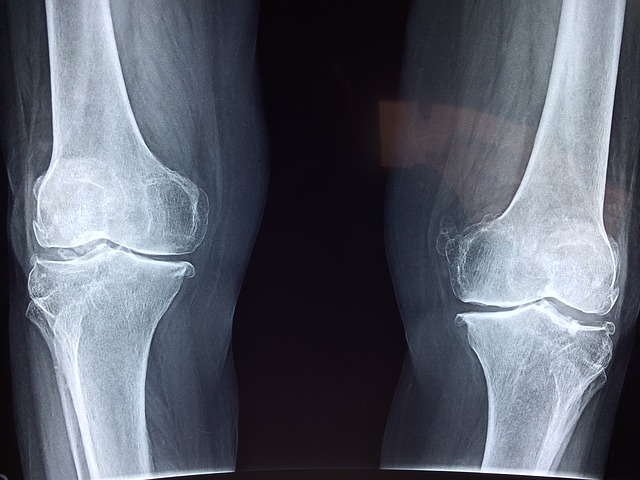Whether you’re a medical provider, an injured worker, a claims adjuster, or an attorney, this article is relevant to you if you’ve encountered a 0% whole person impairment rating in a California PR-4 or QME report.
If you receive a report—or are writing a report—with 0% WPI (whole person impairment), this number should raise some flags.
Why?
Because, when it comes to the AMA Guides and impairment rating, a 0% WPI is a very special number.
If a report claims that a patient has 0% impairment, then it needs to meet some specific requirements. If it doesn’t meet those requirements, then the number is inaccurate—and as we all know, an inaccurate impairment rating can lead to unnecessary delay, litigation, and expense for all stakeholders.


